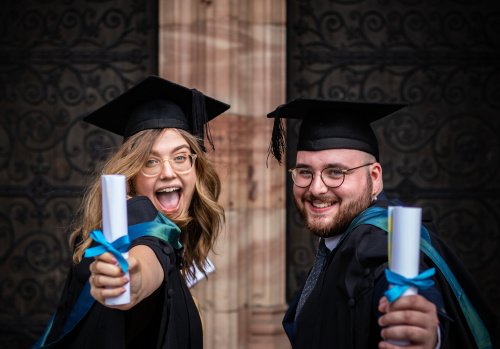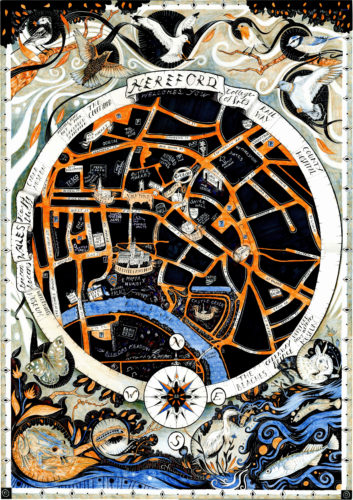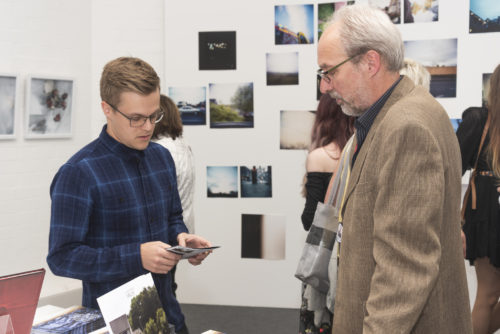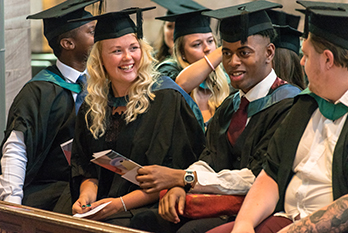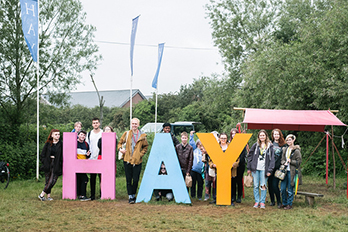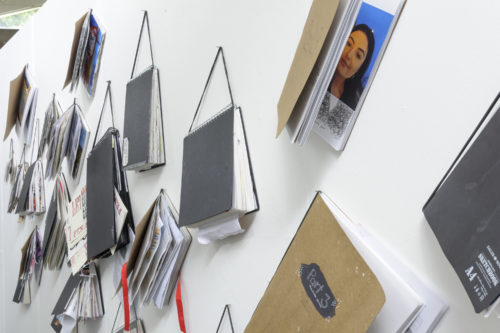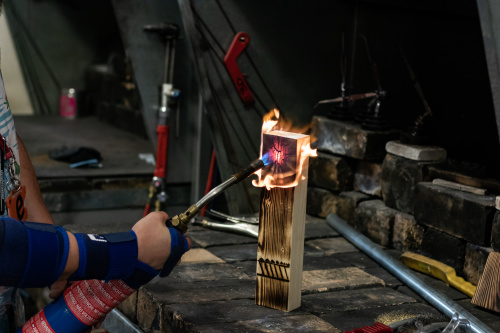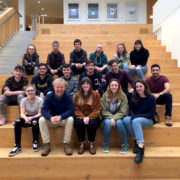Fifth AoC Research and Scholarship Conference
Published on 07.05.19
Value-led pedagogies, embodied practices The Scholarship Project aimed to develop and embed a culture of Scholarship in collegeHE. One part of this has been to develop an online suite of resources (The Scholarship Framework). These aim to provide multiple routes to support practitioner and manager in developing scholarly practice and provide a digital space to
Value-led pedagogies, embodied practices
The Scholarship Project aimed to develop and embed a culture of Scholarship in collegeHE. One part of this has been to develop an online suite of resources (The Scholarship Framework). These aim to provide multiple routes to support practitioner and manager in developing scholarly practice and provide a digital space to develop a community of practice.
At the fifth AoC HE Scholarship and Research conference at Morley College in London it was clear that the legacy of The Scholarship Project is more than an online framework. It was great to see a real sense of possibility and purpose represented in a range of presentations and workshops.
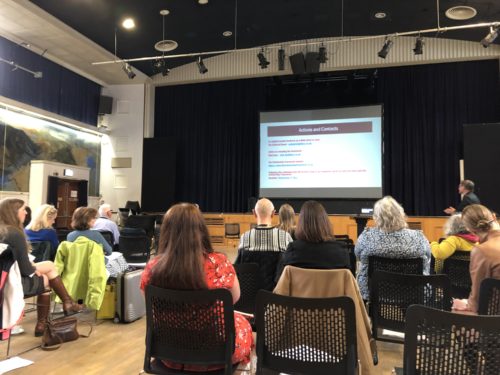
In his keynote, John Lea discussed the various values of scholarship – including how scholarly practice has the potential to support top-down policy-driven narratives of quality and simultaneously promote empowerment and self-efficacy for students and staff. Boyer’s model of scholarship (the conceptual underpinning of the Scholarship Project) also promotes transdisciplinary practice and includes applied research whilst not excluding traditional ideas of research as ‘new knowledge’.
Boyer also includes teaching and learning as one dimension of scholarship. This, potentially, is where collegeHE can really shine, seizing the opportunities presented by a new HE regulator (Office for Students) and a focus on developing excellence in HE teaching across the sector. It was interesting to note that participants felt that OfS brought more strengths than threats to collegeHE in a workshop session.
The first session I watched (and facilitated) – with presenters Anna Colgan and Alison Tonkin – shared a value-led purpose around student learning in collegeHE. Anna’s presentation dwelled on how we can support student metacognition and shared how she works with students to develop growth mindsets. Alison’s practice shared how games, humour, and (again) levelling of power-structures can support learning. This was a practical demonstration of how fun learning can be when delivered in a playful way.
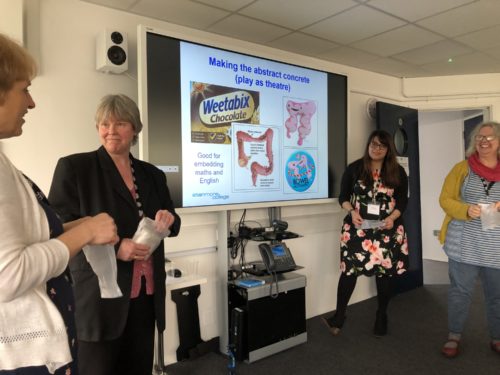
These themes of power and agency were picked up again in the second session, where Paula Brown and Norman Crowther shared ‘The Transformers Project’ which facilitates conversations between employer and college and unpicks the notion of ‘transferable skills’ into useful sets of attributes that support mutual understandings and self-efficacy (see diagram below).
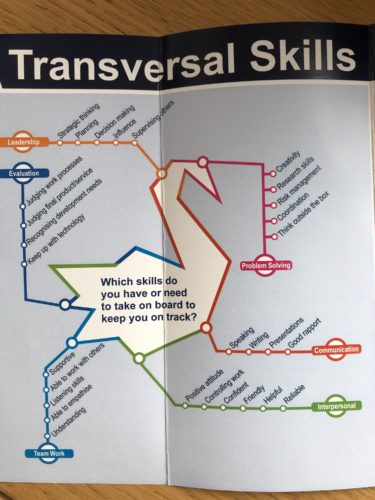
Mioka Drummond’s research was also hugely insightful, returning again to ideas of open-ness and sharing honest conversation to support learning in the classroom. And, finally, the ‘difference’ of collegeHE pedagogies was really brought home by Amelia Kilvington from Coleg Sir Gar, who shared a mindfulness action research project which supported both students and staff in college with their mental wellbeing. This was a practical, embodied intervention – straightforward and portable, but highly effective.
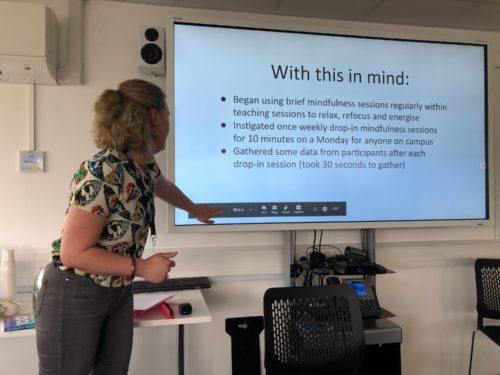
Together, these suggest that as a collegeHE sector, we might aspire to having some shared values and pedagogical strategies – strategies that are levelling, open, accept students as partners and that dismantle traditional notions of ‘power’ and ‘agency’ in the classroom.
I am not arguing that these are systemically present across the whole of the sector, but they did stand out as a key strand at the conference and such pedagogies speak to the small class sizes of collegeHE. It makes me wonder if we should return (again) to ideas of vocation, of practice, of skill, and start to articulate some of our practice as embodied pedagogies that are value-led, scaled-down and which are designed to teach and engage diverse student groups.
These ideas relate to wider arguments about ‘belonging’ as part of student engagement (GuildHE, 2015) – they support a model of teacher/student relationship which is built on place-based, ground level discussion and the building of relationships between tutor and student as part of a nurturing college community.
